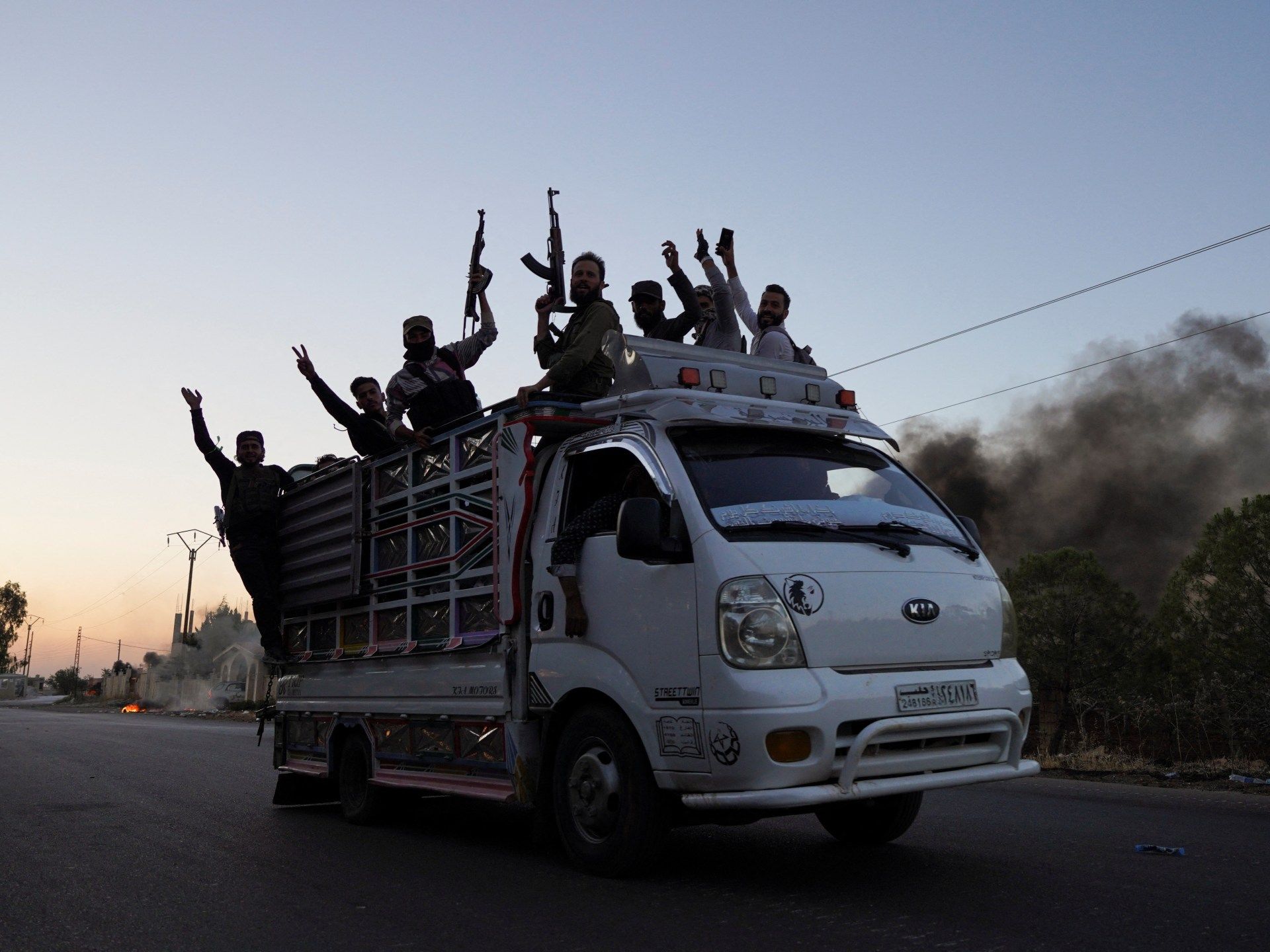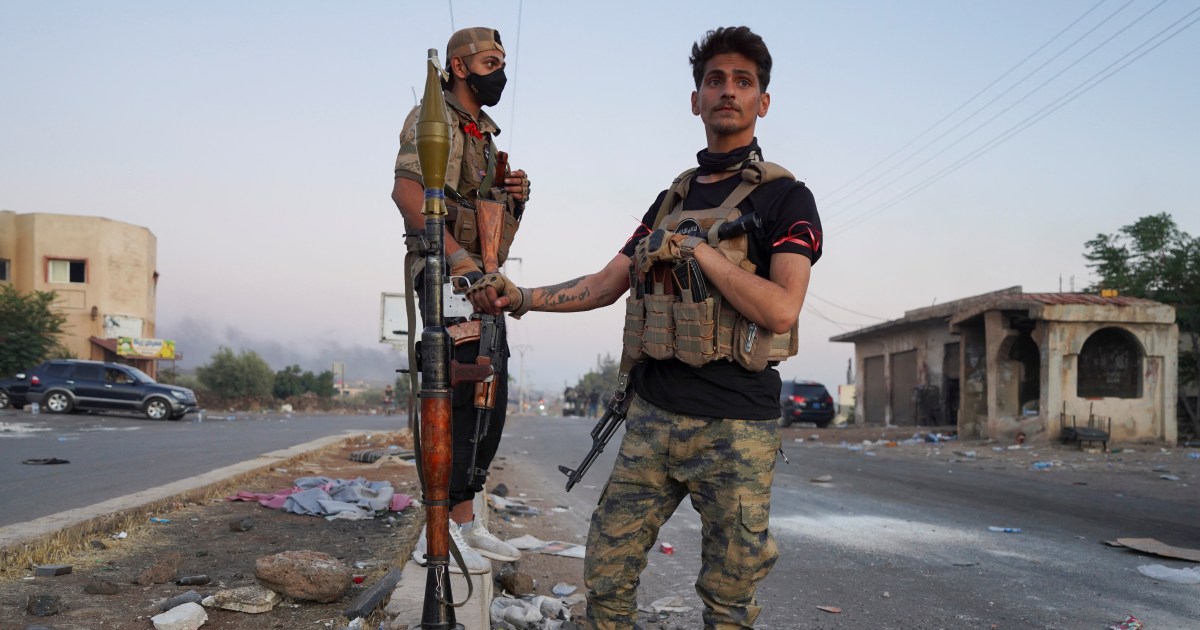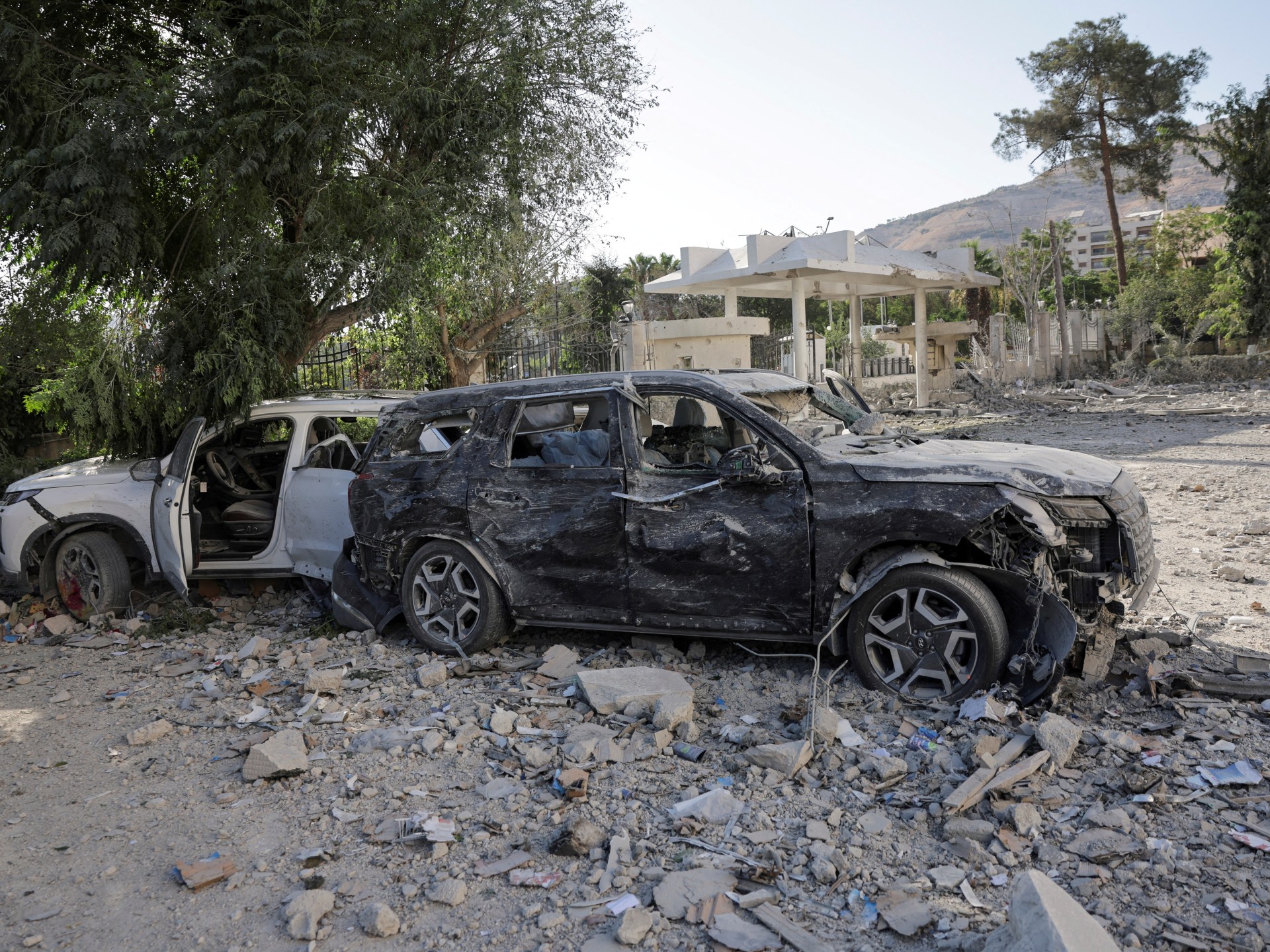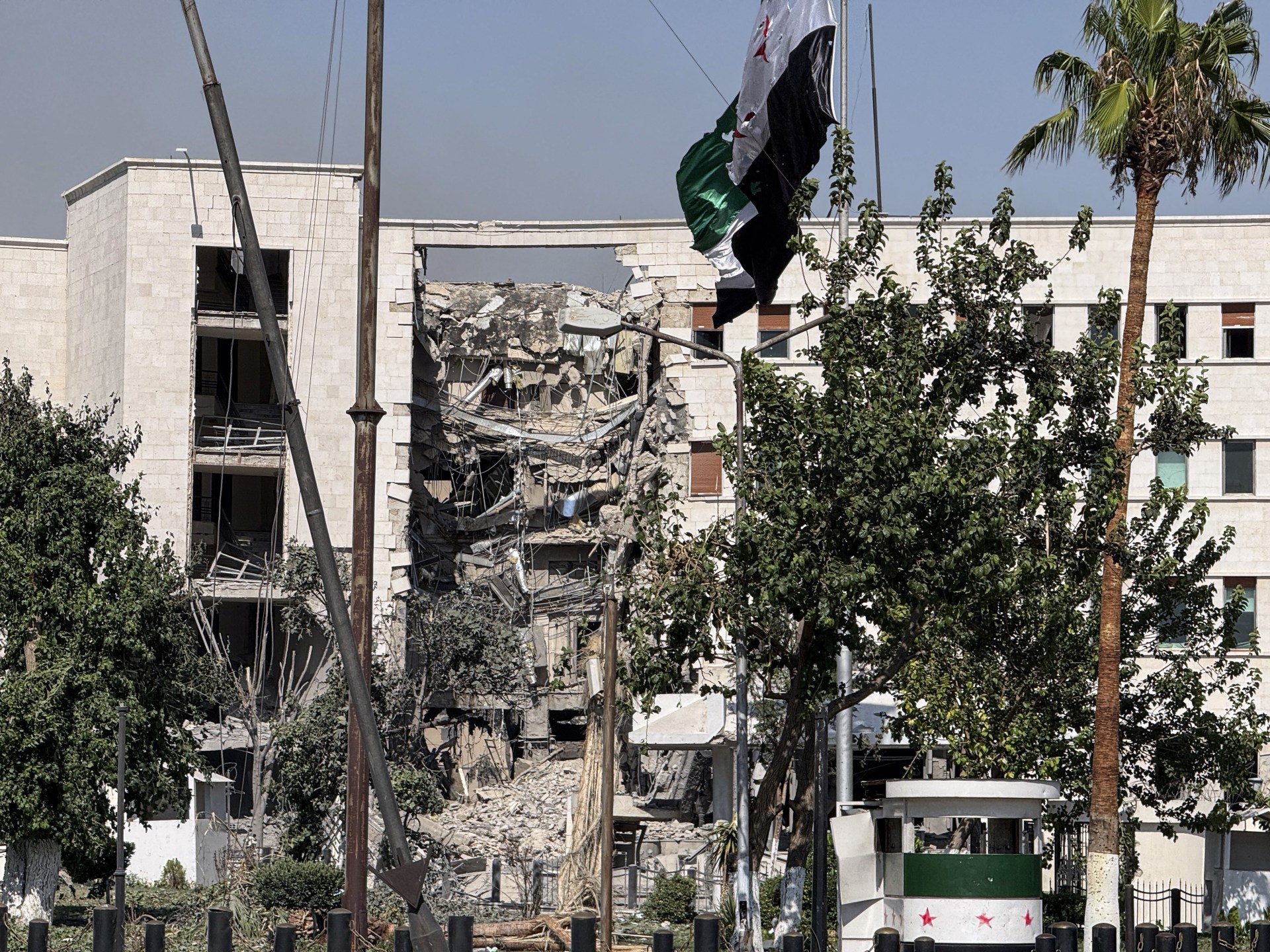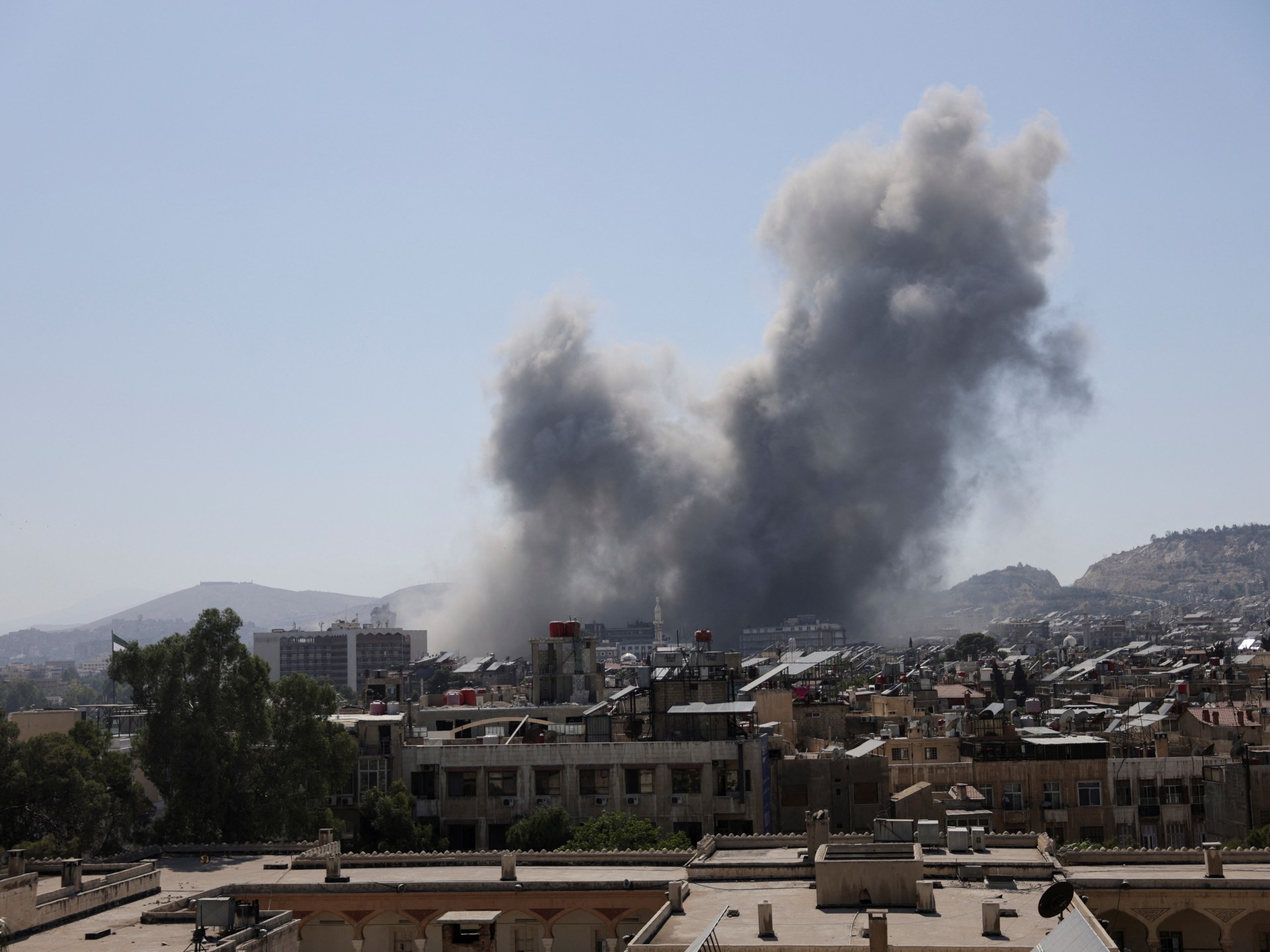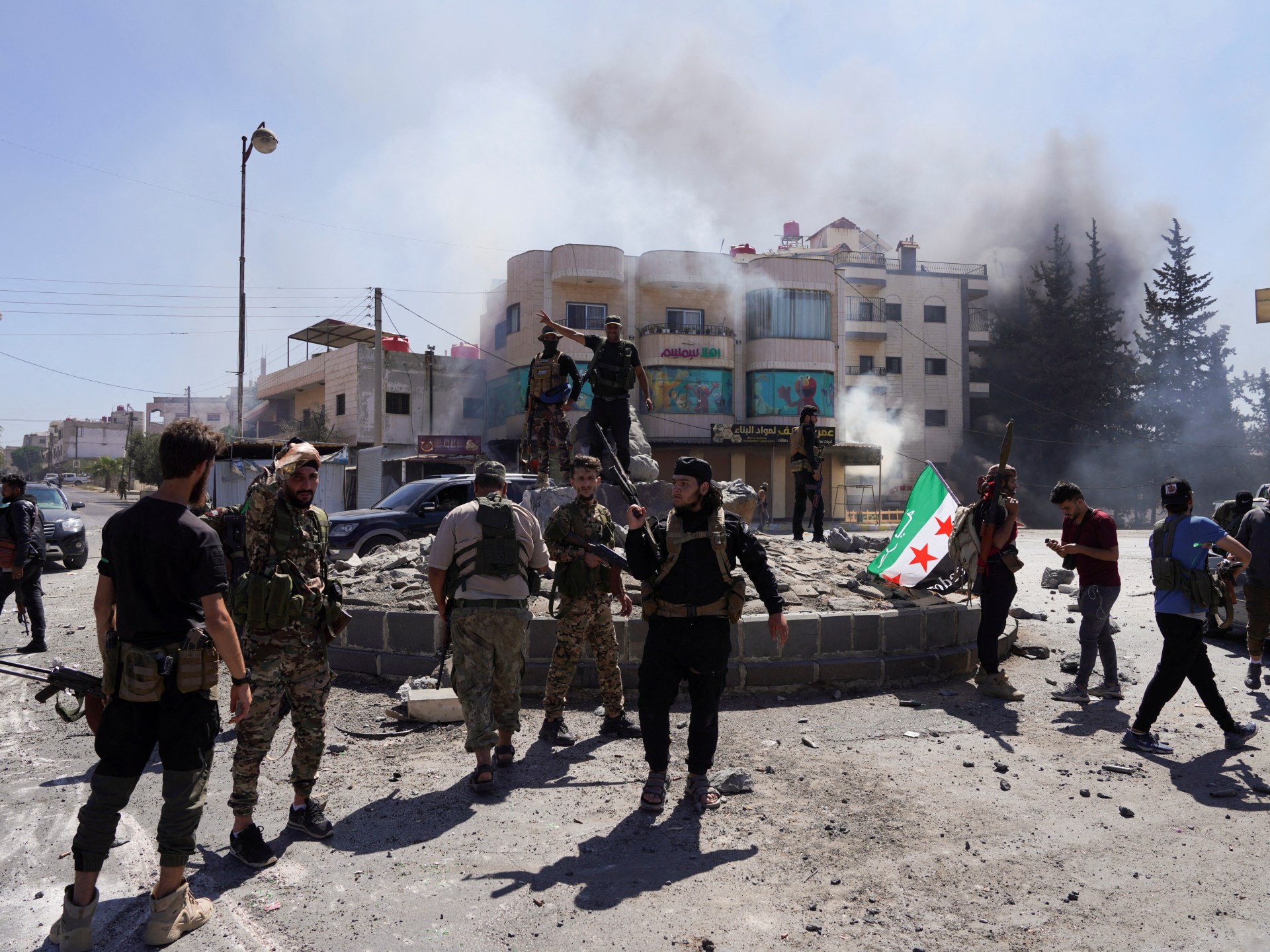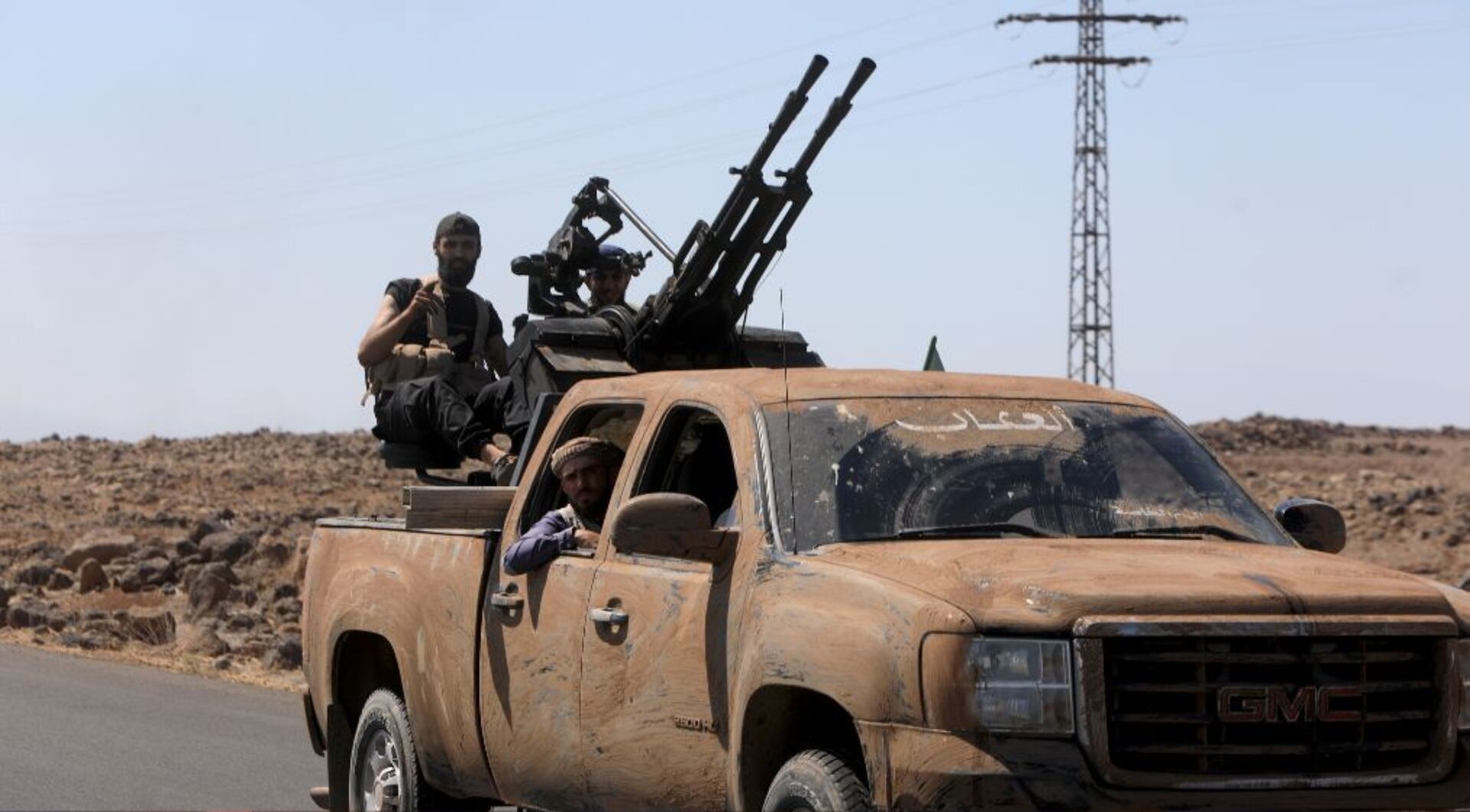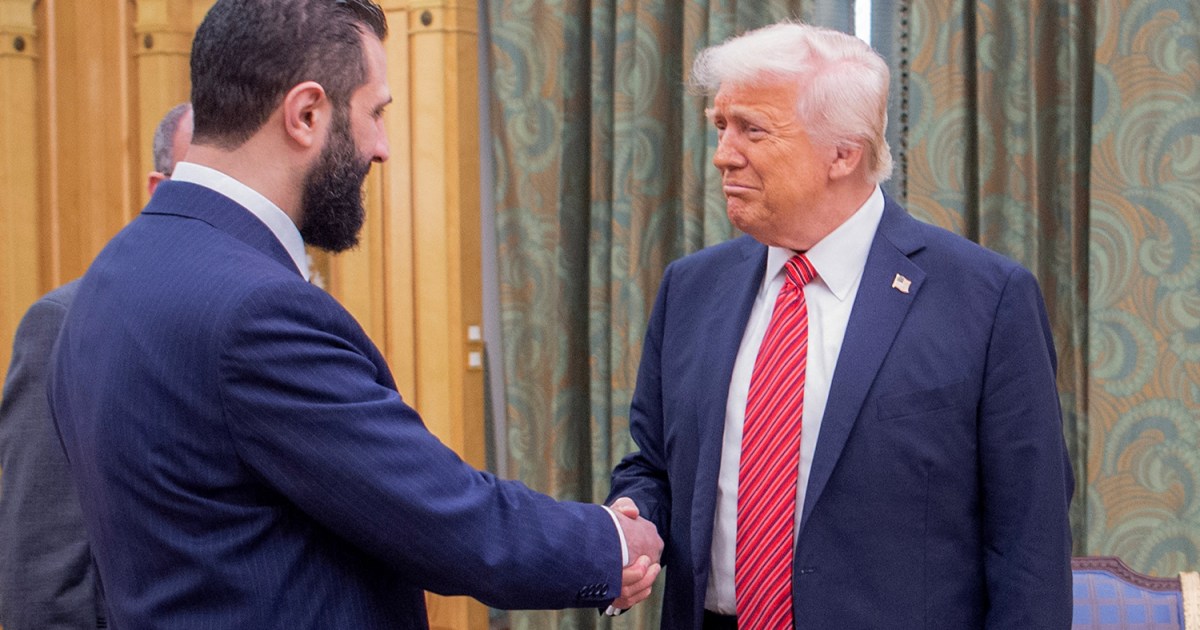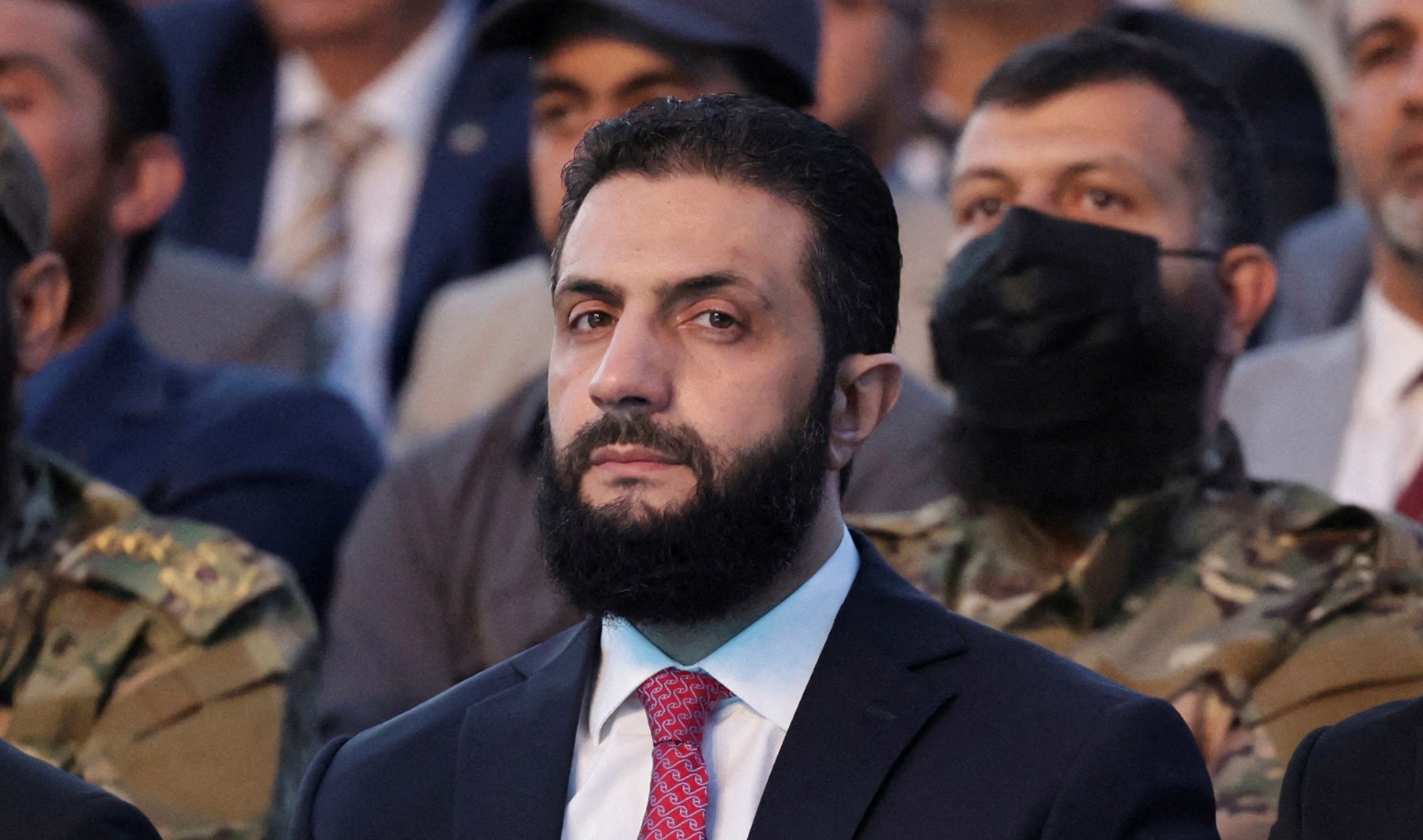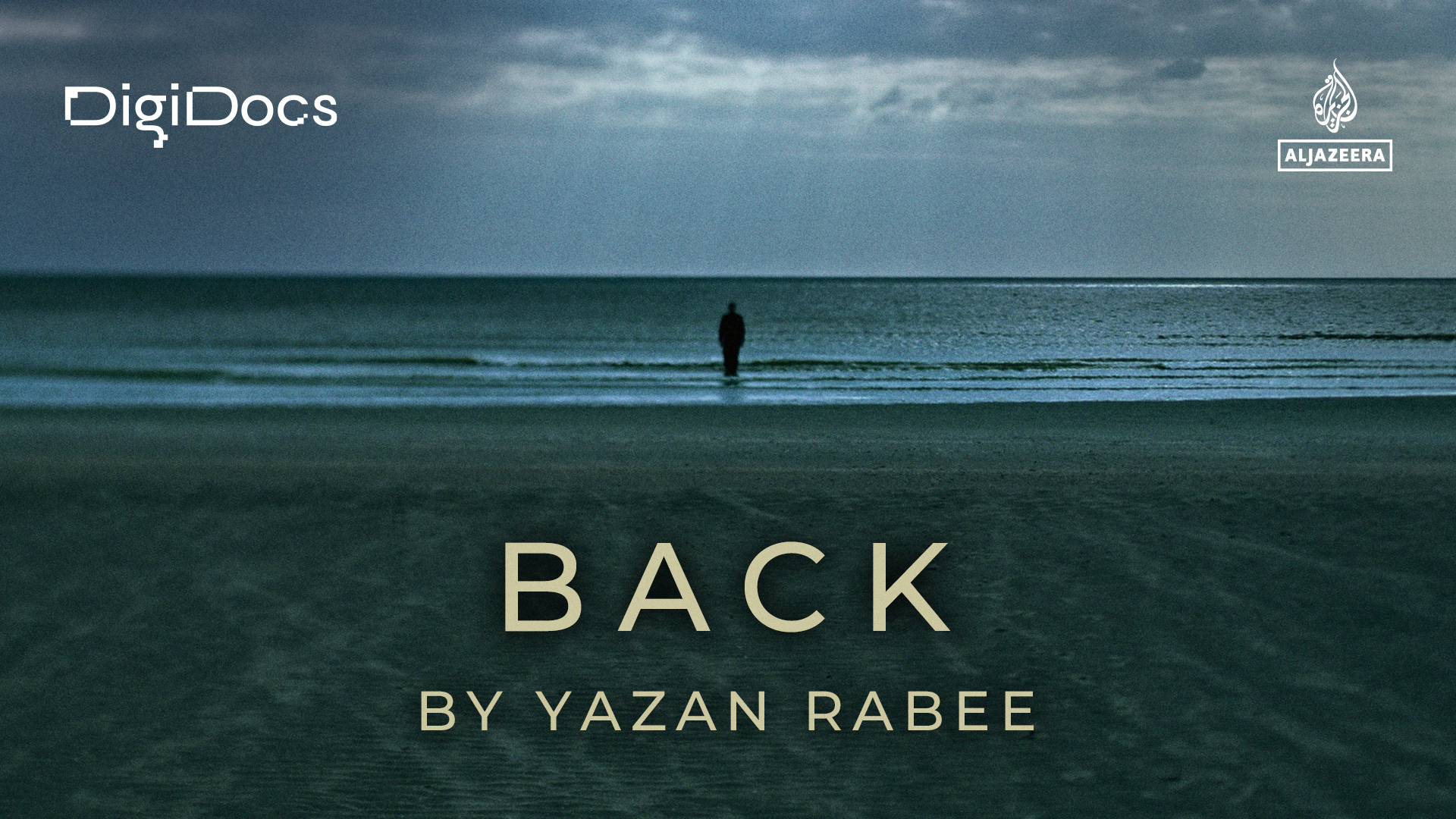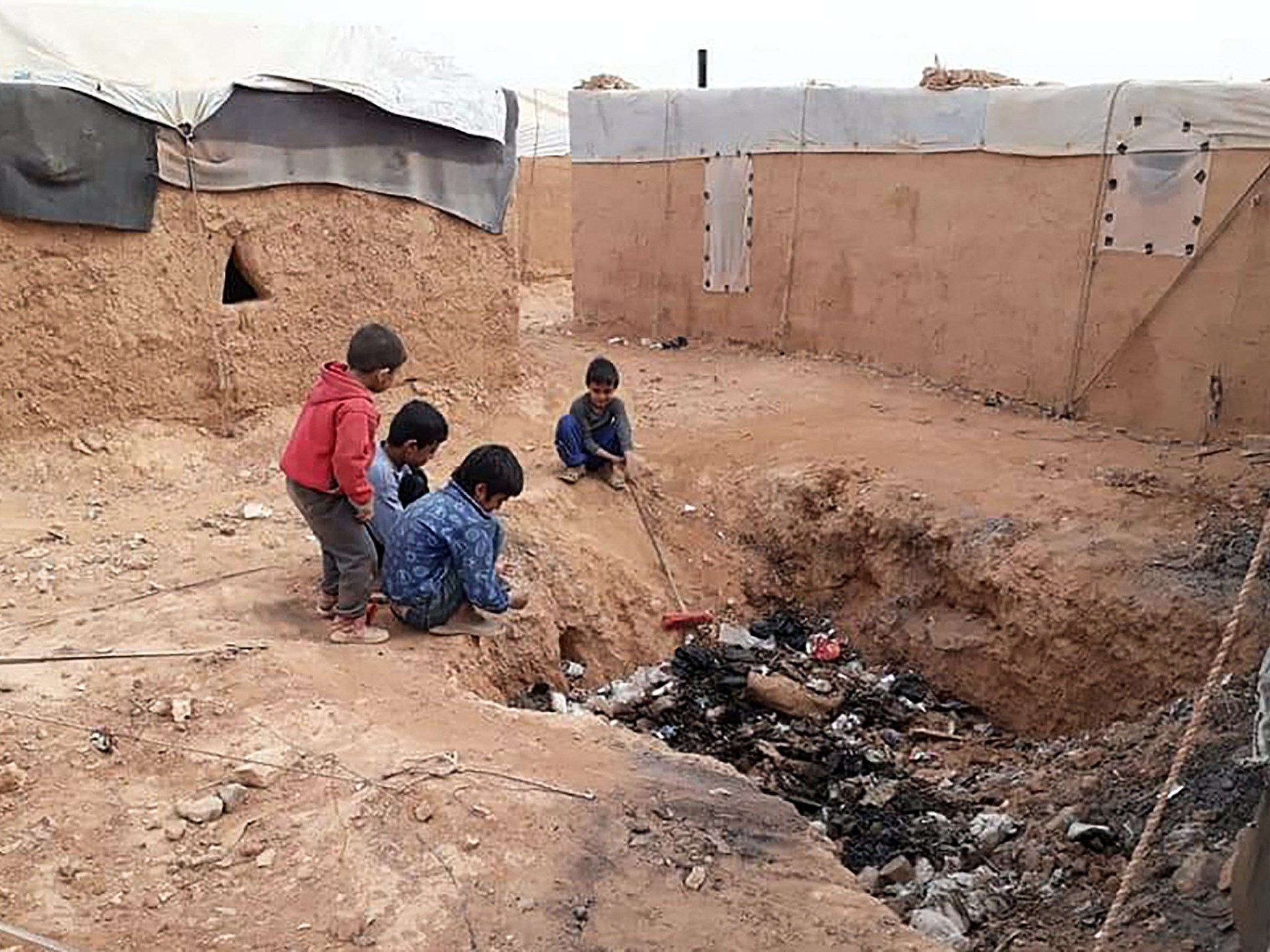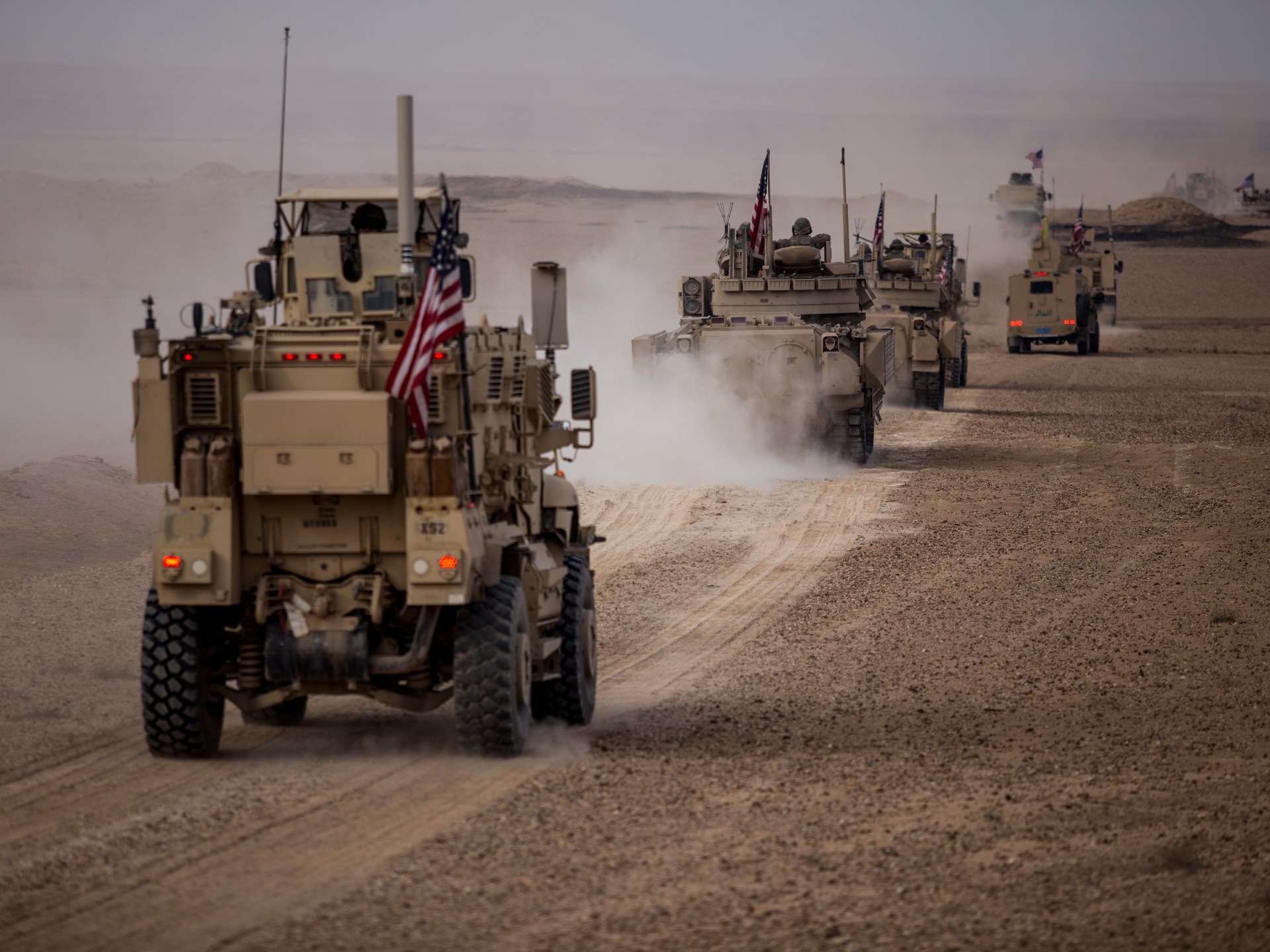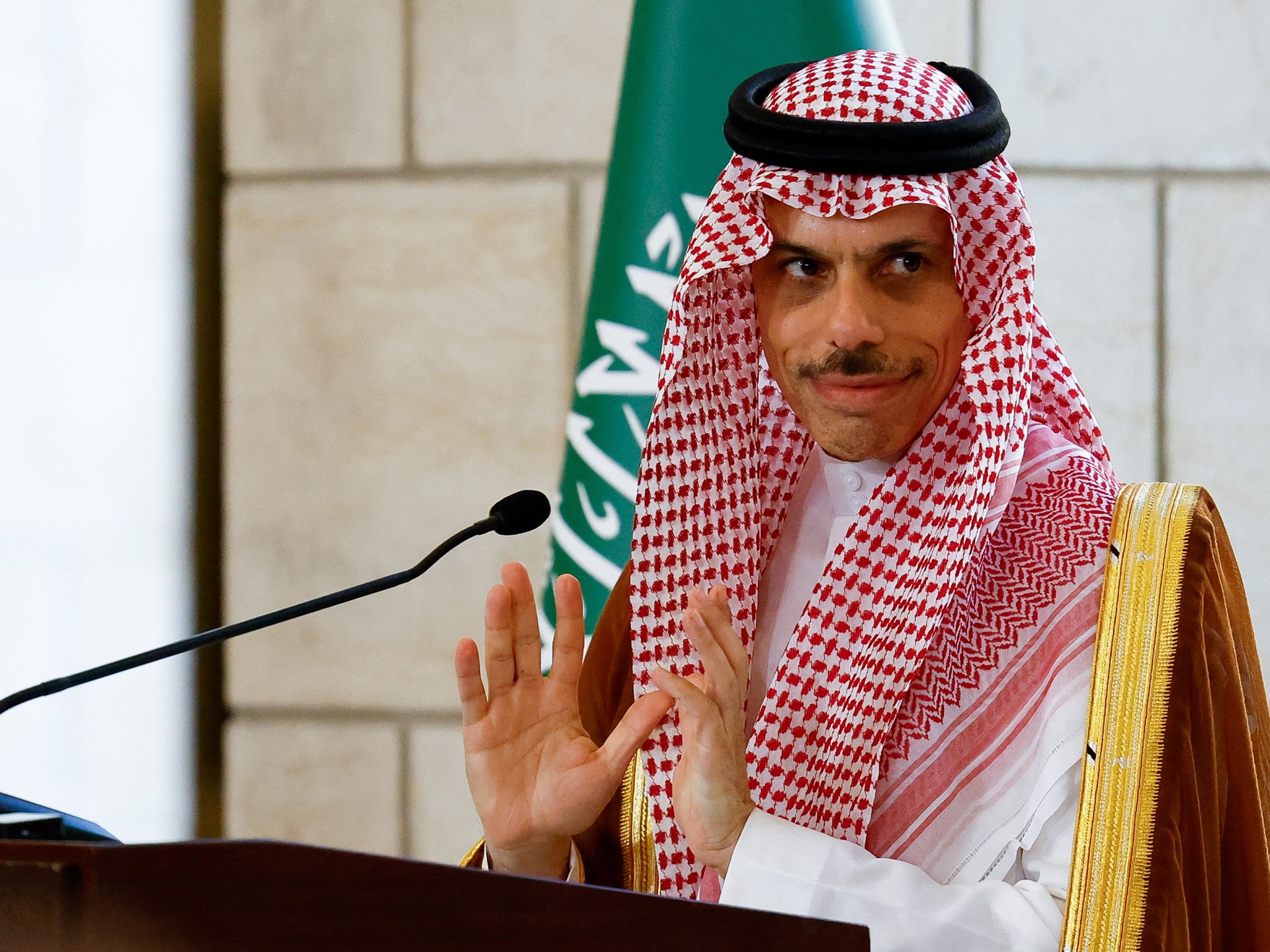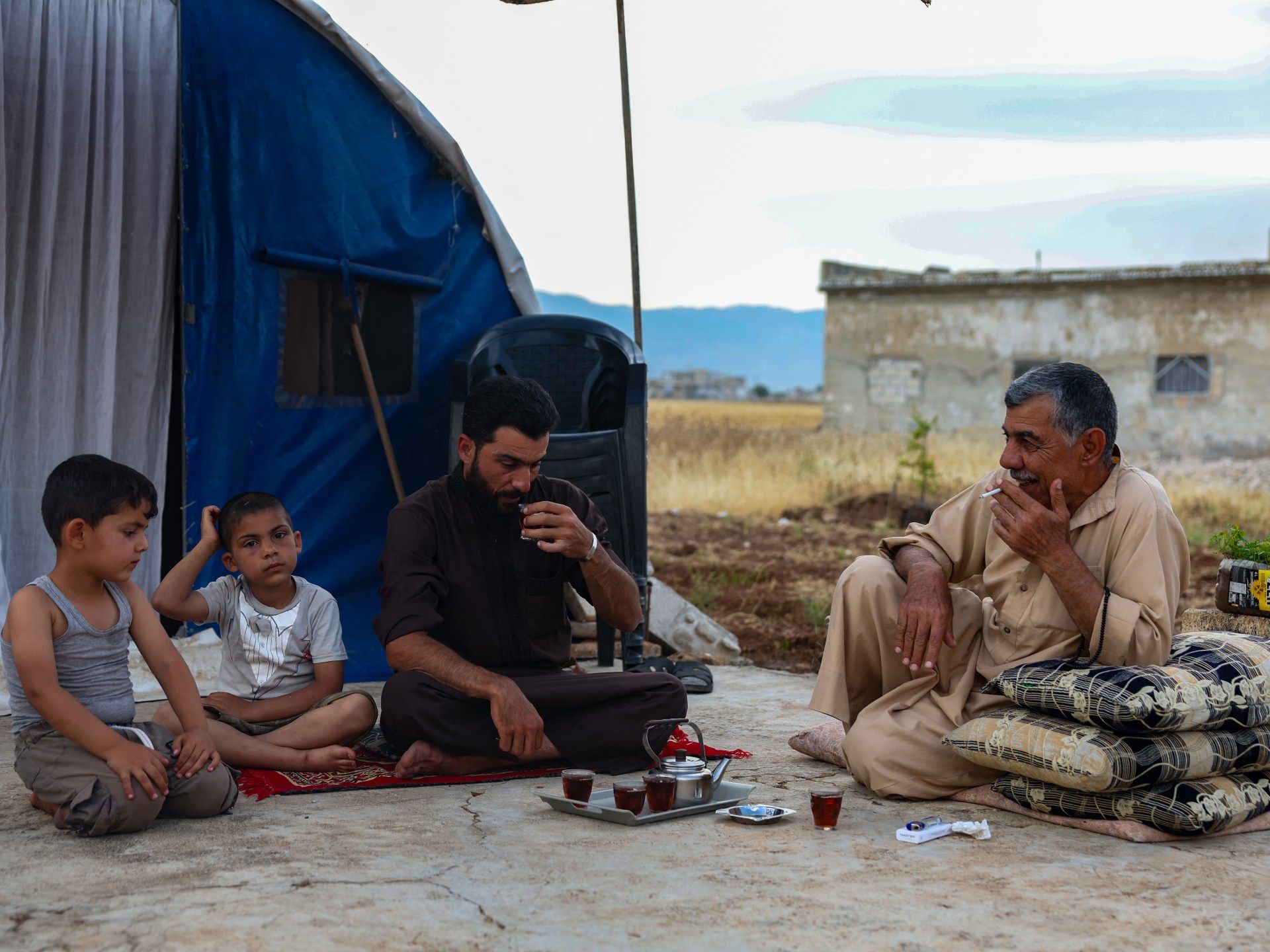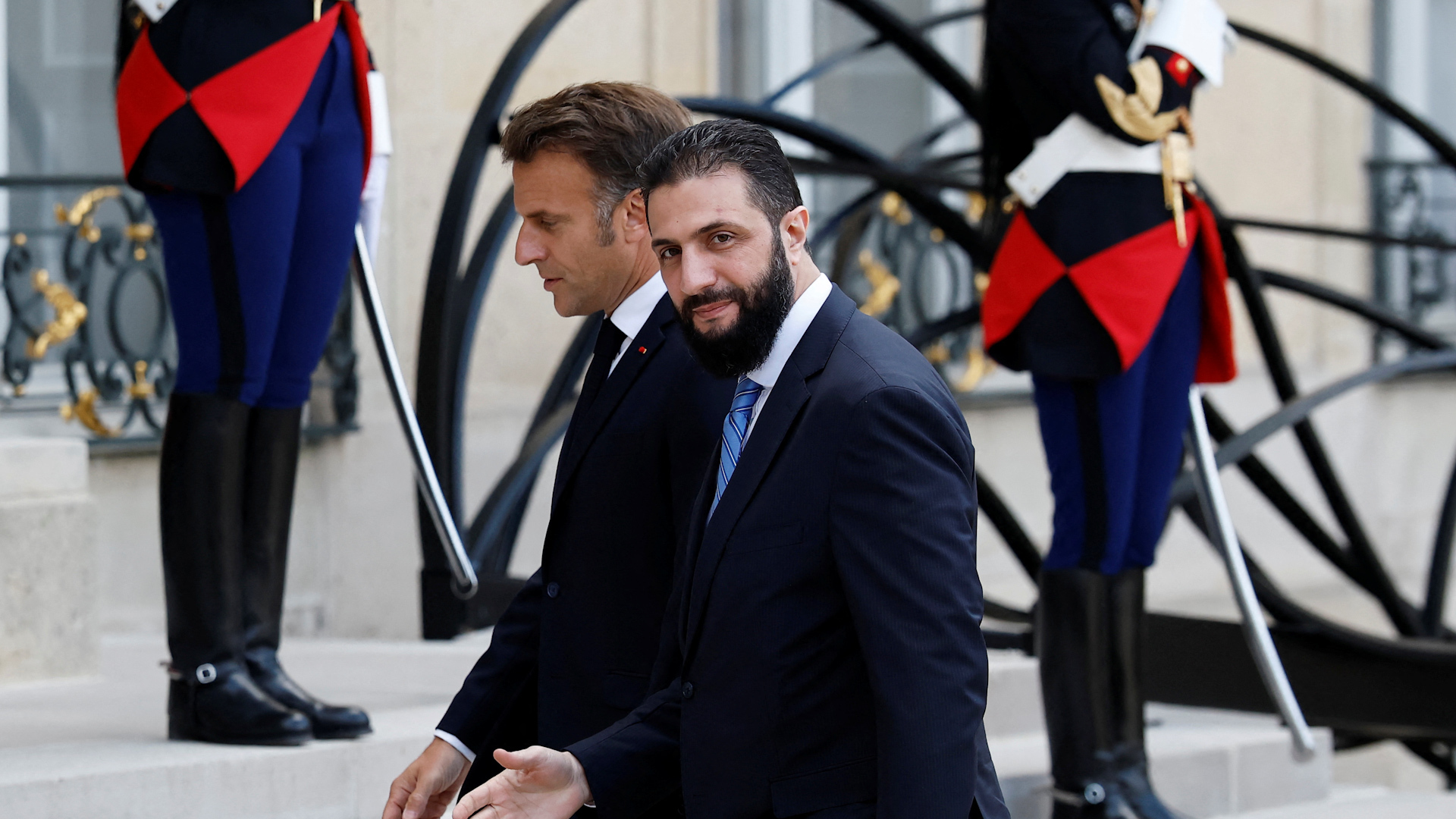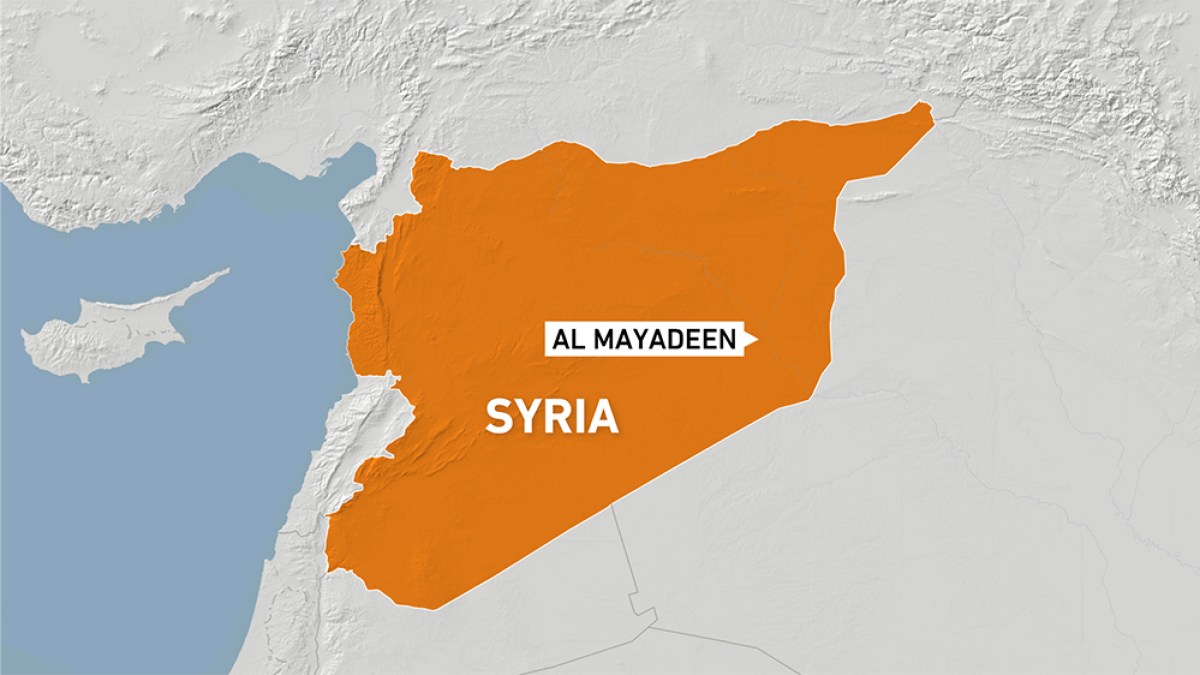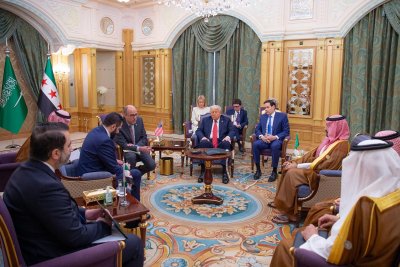Syria declares new Suwayda ceasefire, deploys forces to ‘restore security’ | Syria’s War News
Syria’s security forces have begun deploying in the restive southern province of Suwayda, a Ministry of Interior spokesperson has said, where heavy fighting between Druze and Bedouin armed groups and government forces has left hundreds dead, compounded by Israeli military intervention.
The deployment on Saturday came hours after the United States announced that Israel and Syria have agreed to a ceasefire, an as yet uncertain truce amidst overnight fighting.
Syria’s government announced the ceasefire early on Saturday, saying in a statement it is being enacted “to spare Syrian blood, preserve the unity of Syrian territory, the safety of its people”.
The country’s president, Ahmed al-Sharaa, in a televised address, stated that he “received international calls to intervene in what is happening in Suwayda and restore security to the country”.
Israeli intervention has “reignited tensions” in the city, with fighting there “a dangerous turning point”, he said, also thanking the US for its support.
Earlier, Interior Ministry spokesman Noureddine al-Baba had said in a statement on Telegram that “internal security forces have begun deploying in Suwayda province … with the aim of protecting civilians and putting an end to the chaos.”
Ethnically charged clashes between Druze and Bedouin armed groups and government forces have reportedly left hundreds dead in recent days.
On Wednesday, Israel launched heavy air attacks on Syria’s Ministry of Defence in the heart of Damascus, and also hit Syrian government forces in the Suwayda region, claiming it had done so to protect the Druze, who it calls its “brothers”.
Communities in Suwayda are ‘noble people’
“Al-Sharaa said that national unity was a priority for his government and that part of the role of the government was to be a neutral referee between all parties,” said Al Jazeera’s Mohamed Vall, reporting from the capital Damascus.
“He praised the people of Suwayda, other than the few elements that wanted to sow trouble, saying that both Druze and Arab communities in the city were noble people.”
It was unclear whether Syrian troops reached Suwayda city as of Saturday morning or were still on the city’s outskirts, Vall said.
Bedouin tribal fighters had been waiting to hear more from the government about the ceasefire, while Druze leaders have varying attitudes on it – some welcoming it, and others pledging to continue fighting, he added.
Fighting has “been going on throughout the night”, but the deployment of Syria’s internal security forces was “welcome news” to many in the city, Vall said.
On Friday, an Israeli official, who declined to be named, told reporters that in light of the “ongoing instability in southwest Syria”, Israel had agreed to allow the “limited entry of the [Syrian] internal security forces into Suwayda district for the next 48 hours”.
According to Syria’s Health Ministry, the death toll from fighting in the Druze-majority city is now at least 260. An estimated 80,000 people have fled the area, according to the International Organization for Migration.
“A lot of extrajudicial killings [are] being reported,” said Vall. “People are suffering, even those who have been killed or forced to flee, they don’t have electricity, they don’t have water, because most of those services have been badly affected by the fighting.”
‘Zero-sum formula of territorial expansion and concurrent wars’
The Reuters news agency on Saturday reported that Syria’s government misread how Israel would respond to its troops deploying to the country’s south this week, encouraged by US messaging that Syria should be governed as a centralised state.
Damascus believed it had a green light from both the US and Israel to dispatch its forces south to Suwayda, despite months of Israeli warnings not to do so, Reuters reported, quoting several sources, including Syrian political and military officials, two diplomats, and regional security sources.
That understanding was based on public and private comments from US special envoy for Syria Thomas Barrack, as well as security talks with Israel, the sources said.
Analysts say Israel’s attacks have “less to do with the minority Druze community and more with a strategic Israeli objective to create a new reality,” said Al Jazeera’s Nour Odeh.
“It’s part of Israel trying to show that it is the hegemonic power in the Middle East.”
She added: “It’s a zero-sum formula of territorial expansion and concurrent wars. Endless war on Gaza, relentless attacks on Lebanon, strikes on Yemen, threats of resumed hostilities with Iran and in Syria, territorial expansion, [and] direct military intervention.
“This contradicts the Trump administration’s declared policy of seeking to expand normalisation deals with Israel in the region, which the new government in Syria had welcomed and entertained before this crisis,” said Odeh.
